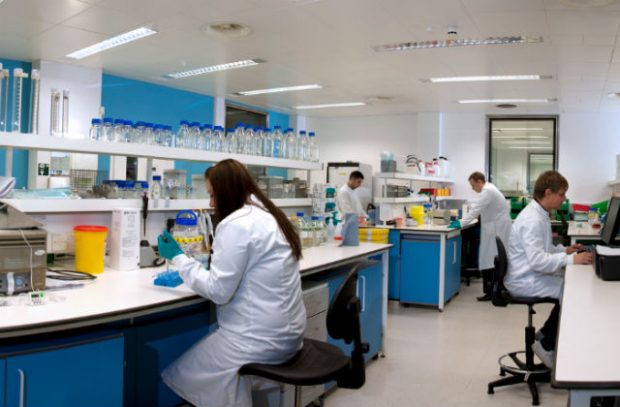In a report today the Public Accounts Committee said Government is not sufficiently prioritising the “significant threat to UK health, trade, farming and rural communities” posed by animal diseases.
The risk of a zoonotic disease is real and the consequences can be devastating: the Foot and Mouth disease outbreak in 2001, more recently Avian Influenza and of course COVID-19 showed the breadth of impact a zoonotic disease outbreak can have across society.
The Committee found there were “over 1,000 ‘single points of failure’ that would cause “major disruption” at the Weybridge site. Due to the considerable time taken to get a redevelopment programme up and running a “critical works ‘patch and repair’ programme” will run until the redevelopment programme is due to be completed in 2036.
The Committee says the Department for Environment, Food & Rural Affairs (Defra) has “comprehensively failed in its historical management” of the UK’s primary site for managing plant and animal disease threats at Weybridge (APHA). Deterioration due to “inadequate management and under-investment” has left the site “continually vulnerable to a major breakdown” which would severely impact the ability to effectively respond to disease outbreaks.
The centre would already “struggle” with higher than a medium category outbreak, or any multiple outbreaks. The UK faces current and ongoing threats from Bovine Tuberculosis and potential new diseases including African Swine Fever and rabies.
Dame Meg Hillier MP, Chair of the Public Accounts Committee, said: “After the 2001 disaster of foot and mouth disease, the past decades have brought one animal sourced disease after another. It is shocking that government has allowed UK capacity in this area to deteriorate so alarmingly over that same period. These diseases are devastating for our food production systems, economy and, when they jump the species barrier to humans as COVID-19 did, to our whole society. Government must get a grip on this crucial and much delayed redevelopment programme. When it comes to the safety of our country we cannot afford more of the waste and delivery failures that continue to characterise far too many major projects.”
Tony Goodger of the Association of Independent Meat Suppliers (AIMS) said the report set alarm bells ringing. “When it comes to animal disease and the threat they pose to the country’s food security the woeful lack of investment and mismanagement at the APHA lab in Weybridge is inexcusable and once again shows that the livestock industry is simply not front of mind within the Government’s plans for critical infrastructure.
“The retort of ‘learning lessons’ can no longer be seen as being acceptable when the outbreaks of animal disease impacts the country’s access to domestically produced meat and poultry leaving us exposed to the vagaries of global markets to plug the gap.
“The expected bill resulting from the current outbreak of Avian Influenza is likely to dwarf the investment which is required at Weybridge, investment which may have helped lesson the impacts the industry is now experiencing.
“This report should act as a warning to the politicians that knowing the cost of something is never sufficient if you don’t understand the value of it.”


